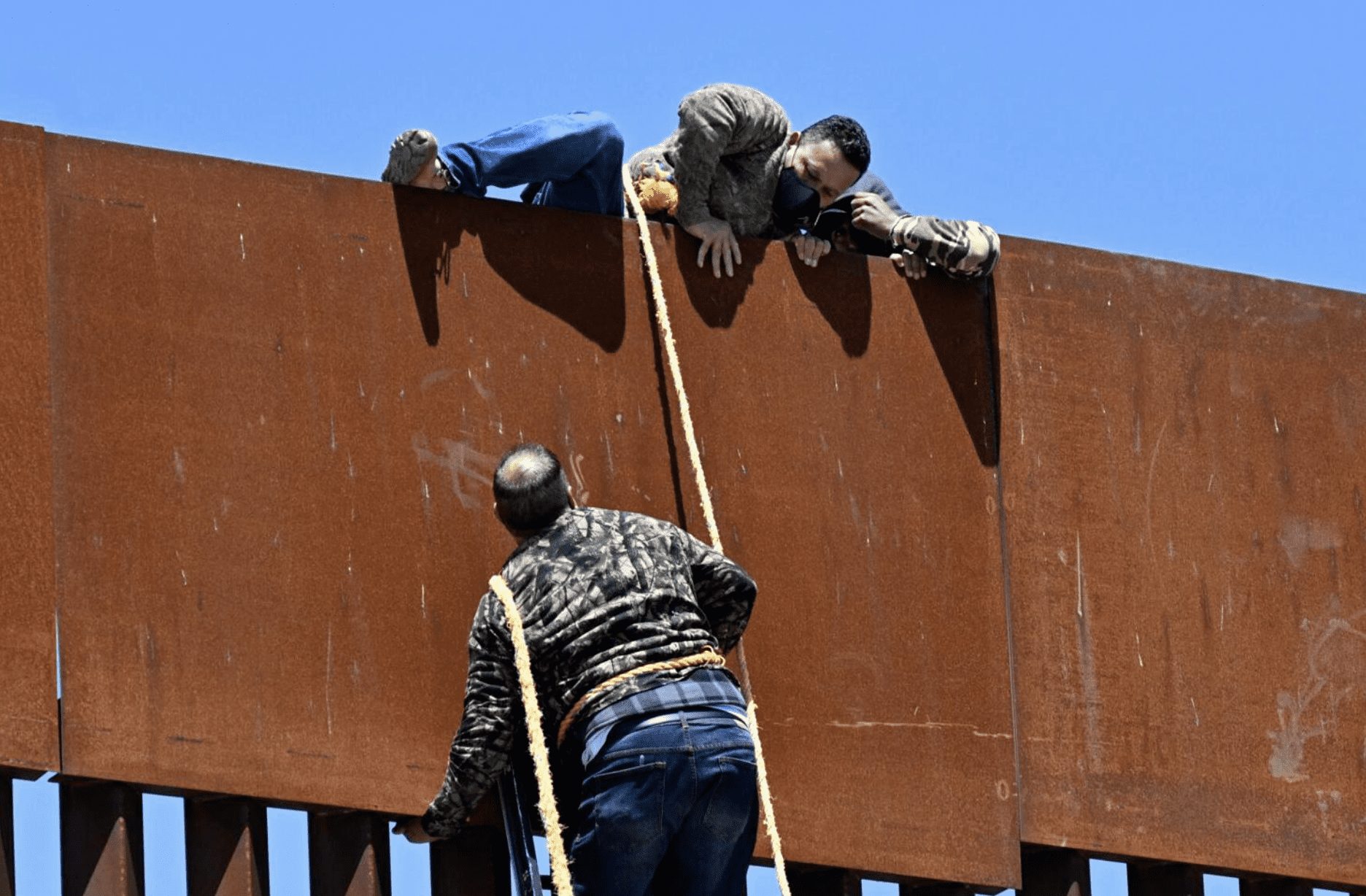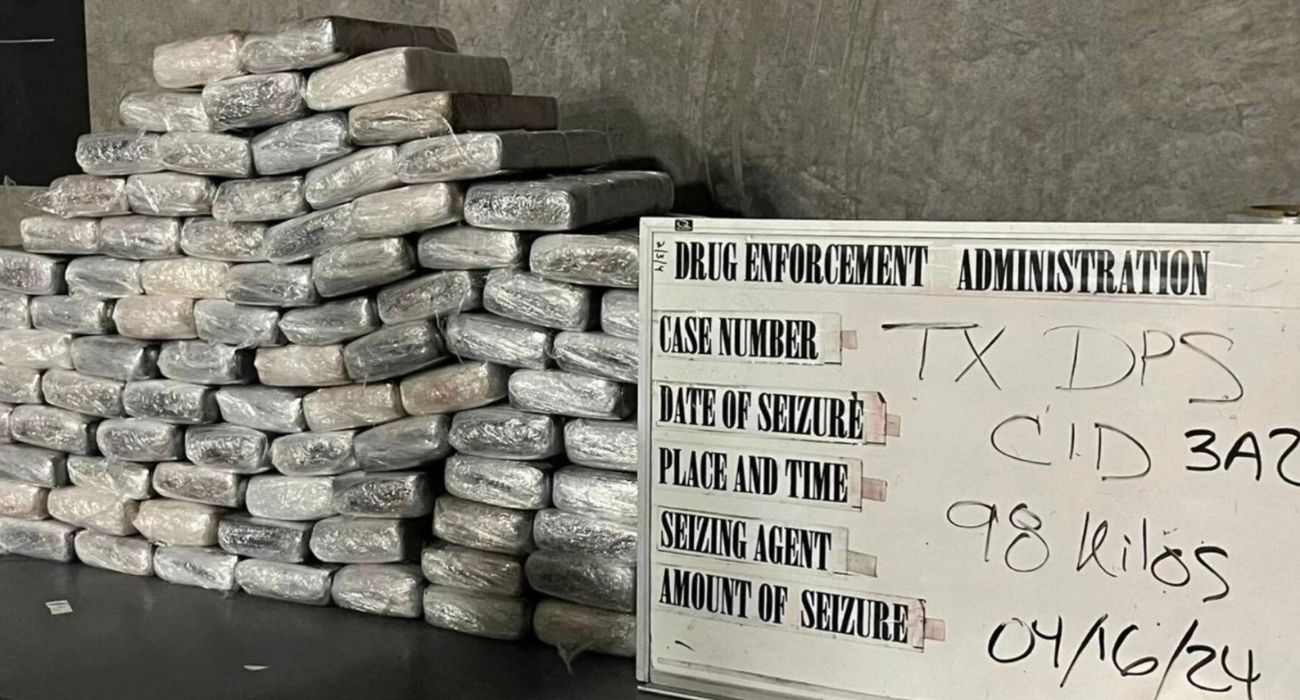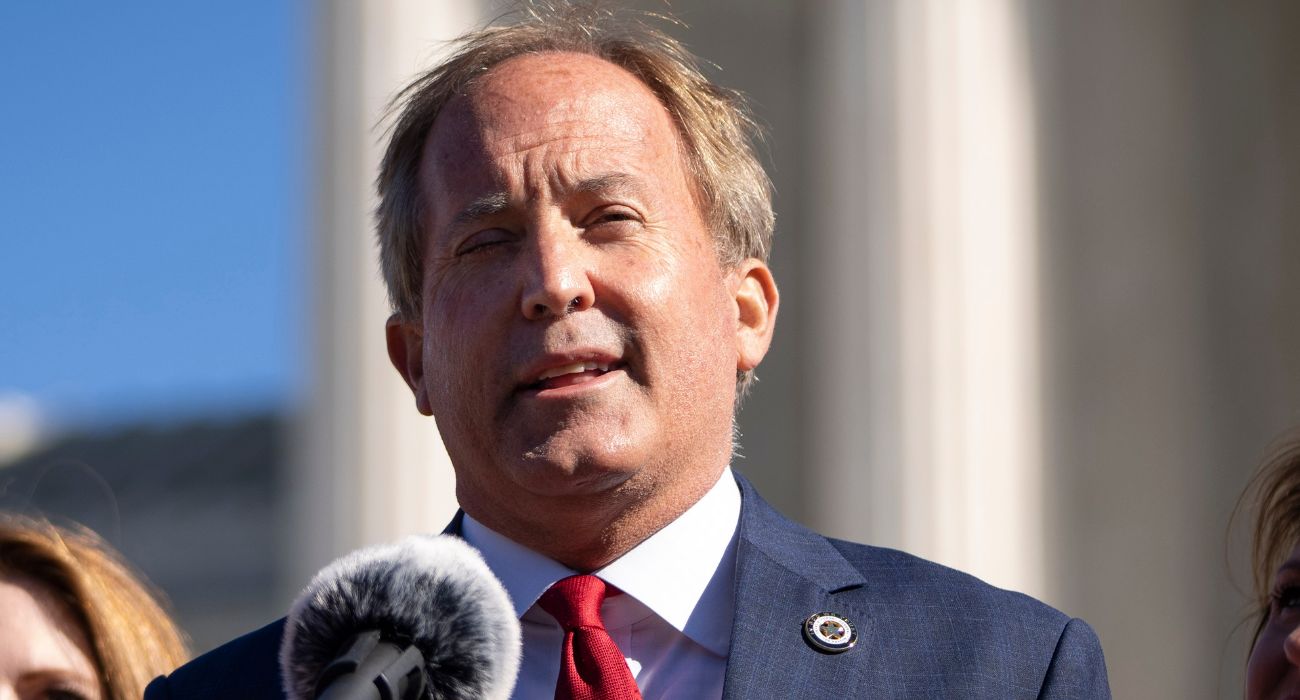Multiple Texas counties declared on July 5 the unlawful migrant crisis at the southern border an “invasion.” The move could lead to similar declarations across the state.
Kinney County Judge Tully Shahan announced the move at a news conference in Bracketville. Several other officials from Kinney County, Goliad County, and Uvalde County were in attendance. Those who spoke included Uvalde Mayor Don Mclaughlin, Goliad County Judge Mike Bennett, and Terrell County Judge Dale Lynn Carruthers.
Last year, Judge Shahan became the first judge to issue a disaster declaration over the negative impacts of unlawful migration. Other judges followed suit, as did Texas Gov. Greg Abbott, who did so for multiple counties.
“We are taking these unprecedented steps in hopes of encouraging our Governor to acknowledge the existence of an invasion on our border with Mexico and take necessary actions to preserve and protect the sovereignty and territorial integrity of Texas,” a Kinney County press release announcing the declaration states.
“We are requesting the Governor to act under the constitutional authority granted unto him under Article 4, Section 7 of the Texas Constitution and Article 1, Section 10, Clause 3 of the U.S. Constitution and immediately prevent and/or remove all persons invading the sovereignty of Texas and that of the United States,” the press release continues.
The press release also includes examples of crimes officials say they are seeing. Last month, over 67 human smuggling attempts were prevented by law enforcement in Kinney County. In May, more than 4,000 “gotaways” were documented evading law enforcement in the county “whose whereabouts are currently unknown,” according to the announcement.
County leaders across the state, including Kinney County Attorney Brent Smith, have previously requested that Gov. Abbott and Attorney General Ken Paxton declare an “invasion,” which would open up some potential legal avenues for states to turn back unlawful migrants.
Smith told Fox News that he believes approximately 12 to 15 counties could declare an “invasion” by the end of the month. Ultimately, the purpose is to stand with Gov. Abbott in taking action against what Smith labels a failure by the Biden administration to take appropriate action at the federal level.
“Last week, Gov. Abbott was in Eagle Pass, and he said something to the effect of unprecedented times calls for unprecedented action or measures. And the counties that have declared an invasion agree with Gov. Abbott that these are unprecedented times where local and state governments have to work together and take unprecedented action,” Smith said.
“And the only reason we have to do this is because President Biden has failed to secure the border at all. So we’re standing with the governor and we’re declaring an invasion in the hope that he will stand with us in doing so,” he said.
Former acting deputy Department of Homeland Security Secretary Ken Cuccinelli under Donald Trump was also at the Tuesday press conference. Cucinelli now works for the Center for Renewing America and has been urging governors to make the “invasion” declarations and use war powers to order state police or National Guard to remove unlawful migrants to Mexico.
Cuccinelli told Fox News that the move by the Texas counties is significant and should put pressure on Gov. Abbott to make the declaration himself.
“The key here is you’ve got the first legal ruling that the southern border situation is an invasion, he said. “One, that’s obviously very significant, and two, it’s going to — as it should — put enormous pressure on Gov. Abbott to adopt that position themselves and to respond accordingly.”
It is unclear if the “invasion clause” can be used to stem unlawful migration, according to Emily Berman, a Constitutional Law professor at the University of Houston.
Berman notes that the clause is tucked under a broader constitutional clause stating that the U.S. government must defend states from “invasion.”
She added that there is a “state self-defense clause” in the Constitution, which says states cannot engage in warlike actions or foreign policy unless invaded.
Berman also noted that the courts ruled in the 1990s that states did not have jurisdiction to decide what constitutes an invasion, but she believes one can only be carried out by another governmental entity.
For example, Berman said the invasion of Ukraine by Russia could qualify as an invasion because it constitutes an outside government entering another country’s boundaries with military force.
“Just because the state says that it is an invasion, that doesn’t necessarily make it so; it is not clear to me what additional legal authority that conveys on them,” Berman said.
Still, the possibility of an invasion being declared came under the spotlight in February when Arizona Attorney General Mark Brnovich issued a legal opinion declaring the crisis an “invasion.” Brnovich argues that the definition of an invasion according to the U.S. Constitution is not limited to hostile foreign states and can include “hostile non-state actors.”
“The violence and lawlessness at the border caused by transnational cartels and gangs satisfies the definition of an ‘invasion’ under the U.S. Constitution, and Arizona, therefore, has the power to defend itself from this ‘invasion’ under the Governor’s authority as Commander-in-Chief,” Brnovich wrote. “An actual ‘invasion’ permits the State to engage in defensive actions within its own territory at or near its border.”






